Chapter 17
Biotechnology and Genomics
By Boundless
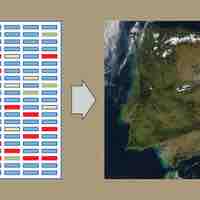
Relying on the study of DNA, genomics analyzes entire genomes, while biotechnology uses biological agents for technological advancements.
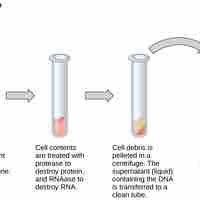
Basic techniques used in genetic material manipulation include extraction, gel electrophoresis, PCR, and blotting methods.
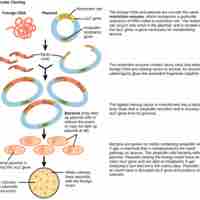
Molecular cloning reproduces the desired regions or fragments of a genome, enabling the manipulation and study of genes.
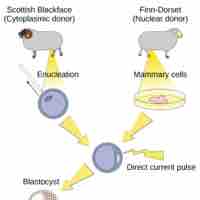
Reproductive cloning, possible through artificially-induced asexual reproduction, is a method used to make a clone of an entire organism.

In genetic engineering, an organism's genotype is altered using recombinant DNA, created by molecular cloning, to modify an organism's DNA.

Transgenic modification, adding recombinant DNA to a species, has led to the expression of desirable genes in plants and animals.
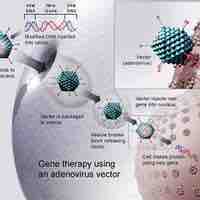
From manipulation of mutant genes to enhanced resistance to disease, biotechnology has allowed advances in medicine.
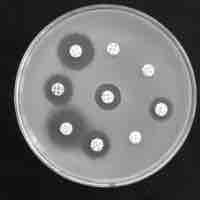
Biotechnological advances in gene manipulation techniques have further resulted in the production of vaccines, antibiotics, and hormones.
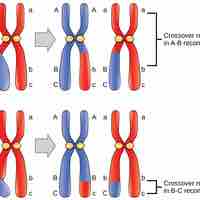
Genetic maps provide information about which chromosomes contain specific genes and precisely where the genes lie on that chromosome.

Physical maps display the physical distance between genes and can be constructed using cytogenetic, radiation hybrid, or sequence mapping.
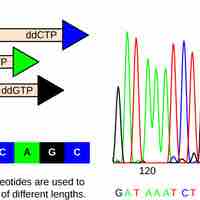
The strategies used for sequencing genomes include the Sanger method, shotgun sequencing, pairwise end, and next-generation sequencing.
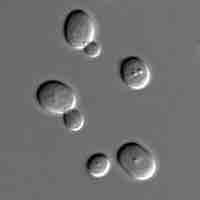
Sequencing genomes of model organisms allows scientists to study homologous proteins in more complex eukaryotes, such as humans.
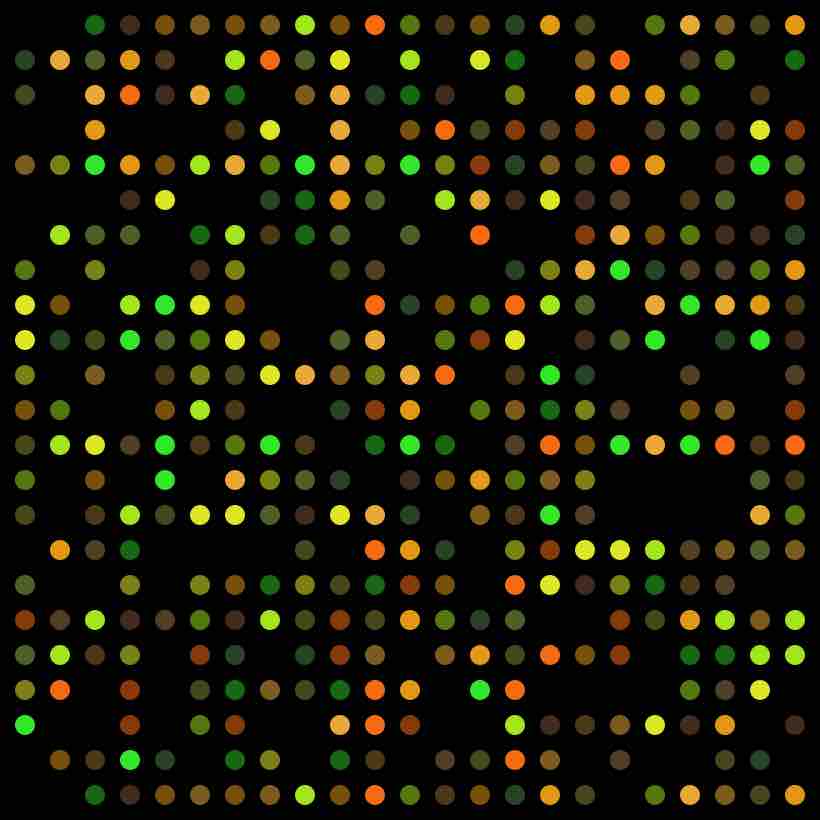
Genome sequences and expression can be analyzed using DNA microarrays, which can contribute to detection of disease and genetic disorders.
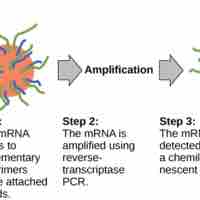
Genome analysis is used to predict the level of disease risk in healthy individuals.
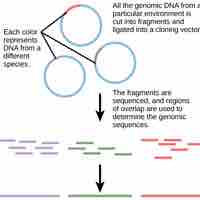
The effectiveness and safety of drugs can be determined through pharmacogenomics.

Microbial genomics can be used to create new biofuels.
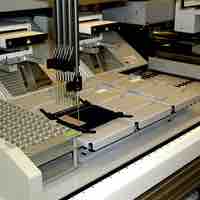
Proteomics is the study of the entire set of proteins produced by a cell type in order to understand its structure and function.
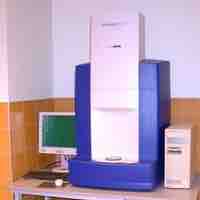
The basic techniques used to analyze proteins are mass spectrometry, x-ray crystallography, NMR, and protein microarrays.
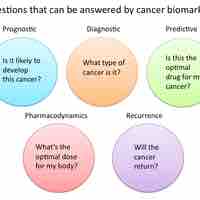
Proteomics, the analysis of proteins, plays a prominent role in the study and treatment of cancer.